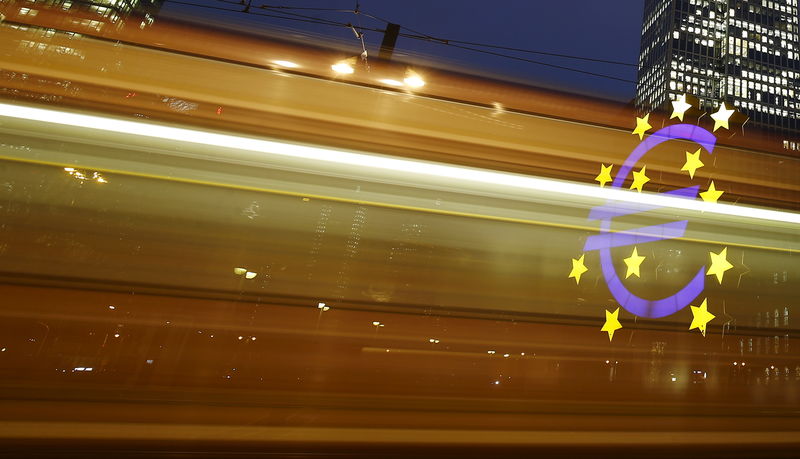Investing.com’s stocks of the week
Investing.com - Inflation in the euro zone accelerated in May, according to a flash estimate released on Thursday, adding to the dilemma facing the European Central Bank as it debates unwinding its stimulus program.
The bloc’s statistics agency Eurostat said its consumer price index rose to 1.9% year-on-year in May, up from 1.2% in April and above expectations for a reading of 1.6%.
The main factor behind the increase was the recent sharp rise in oil prices. Energy prices were up 6.1% in the year to May, more than double April's 2.6% Eurostat said.
Core, or underlying inflation, which strips out volatile items such as energy and food, rose to an annual rate of 1.1% from 0.7% in the previous month.
The ECB targets inflation of close to but just below 2% for the euro zone as a whole.
The data came a day after figures showing that inflation in Germany, the euro zone’s largest economy, rose more than expected in May, hitting 2.2%, its highest level in more than a year, while data also showed inflation picking up in Spain.
The ECB is facing a choice between containing market turmoil which has arisen amid concerns over Italy’s political stability and sticking to plans to end its quantitative easing program.
At the start of the year the ECB had hoped to begin winding up its stimulus program towards the end of the year and begin raising interest rates around the middle of 2019.
But that timetable has been thrown into doubt by a slowdown in growth in the euro area since the start of the year and by political developments in Italy which saw the country’s bond yields spike earlier this week.
Most analysts believe that the ECB will wait until July - a month later than previously expected - to give markets updated guidance on its plans to begin phasing out its stimulus program.
At the same time, another report showed that the unemployment rate in the euro area ticked down to 8.5% in April from an upwardly revised 8.6% in the previous month.
